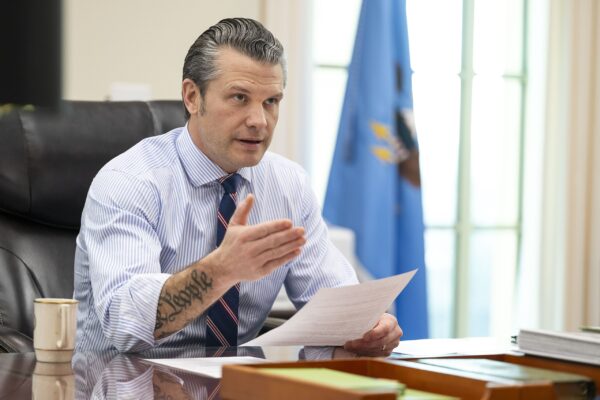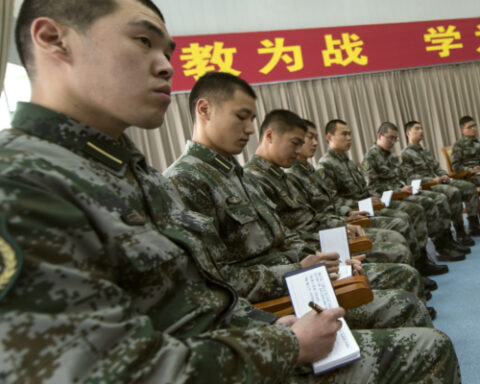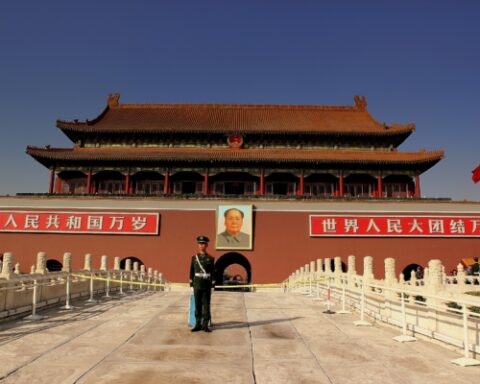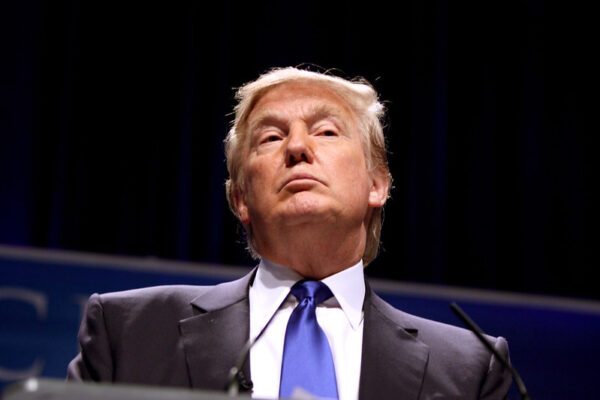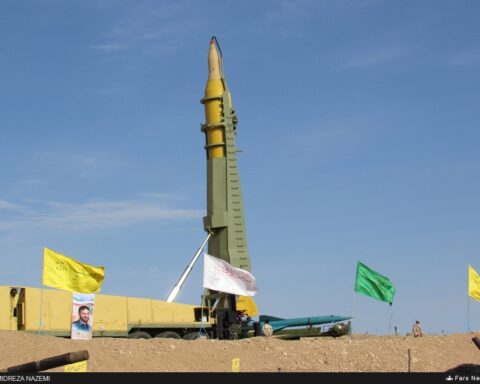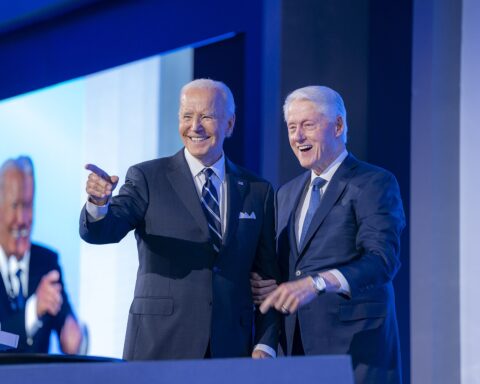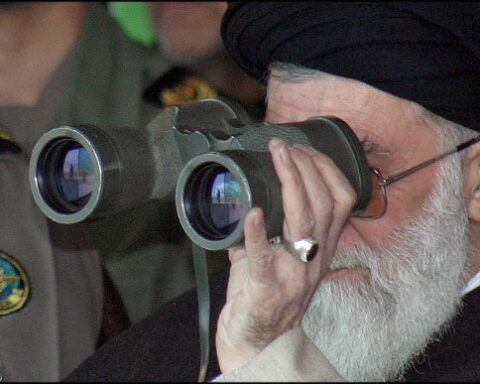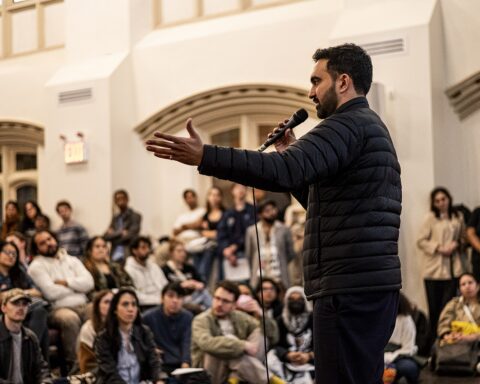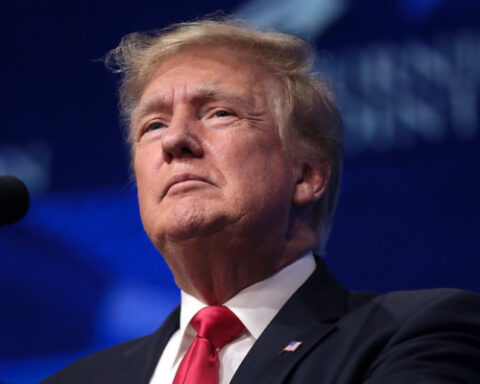At a pivotal security summit in Singapore, Defense Secretary Pete Hegseth reportedly delivered a grave warning regarding China’s military ambitions, asserting that the threat of an invasion of Taiwan is not only real but potentially imminent.
Speaking at the Shangri-La Dialogue, a renowned gathering focusing on defense and security in the Indo-Pacific region, Hegseth emphasized the urgency of the situation.
“China is actively training every day for an invasion of Taiwan,” Hegseth remarked, accusing Beijing of rehearsing for what could be a significant military action.
His comments reflect a broader concern within the U.S. administration about the strategic focus of American defense efforts, which have often shifted toward Europe and the Middle East at the expense of the Indo-Pacific.
Hegseth’s speech was marked by a clear call to action for U.S. allies in the region, urging them to bolster their defense spending.
He advocated for commitments similar to those expected from NATO nations, suggesting a target of 5% of GDP dedicated to defense. “We must all do our part,” he declared, highlighting the necessity of a united front against growing regional threats.
The absence of China’s Defense Minister, Dong Jun, from the summit was not lost on Hegseth, who interpreted it as both a diplomatic snub and an opportunity for the U.S. “We are here this morning. And somebody else isn’t,” he pointedly noted, underscoring the importance of U.S. engagement in the region.
Hegseth’s remarks come amid rising tensions in the South China Sea and increasing military maneuvers by China, which has sought to assert its claims over Taiwan.
The U.S. has long maintained a policy of strategic ambiguity regarding Taiwan, supporting its defense while stopping short of explicitly promising military intervention.
However, recent developments have prompted a reevaluation of this stance.
The Defense Secretary also warned against the economic entanglements that many nations have with China, cautioning that such ties could lead to increased leverage for the Chinese Communist Party (CCP).
“Beware the leverage the CCP seeks with that entanglement,” he advised, framing economic cooperation as a potential risk to national security.
As the summit concluded, it became clear that the U.S. is pivoting back to the Indo-Pacific, seeking to reassure allies and deter Chinese aggression.
With Hegseth’s stark warnings resonating through the halls of the Shangri-La Dialogue, the geopolitical landscape in the region remains fraught with uncertainty.
The implications of Hegseth’s address extend beyond immediate military concerns; they signal a renewed focus on the strategic balance in Asia.
As U.S. officials grapple with the challenges posed by a more assertive China, the need for a coordinated response from allies has never been more critical.
[READ MORE: Russell Brand Pleads Not Guilty to Rape Charges]

